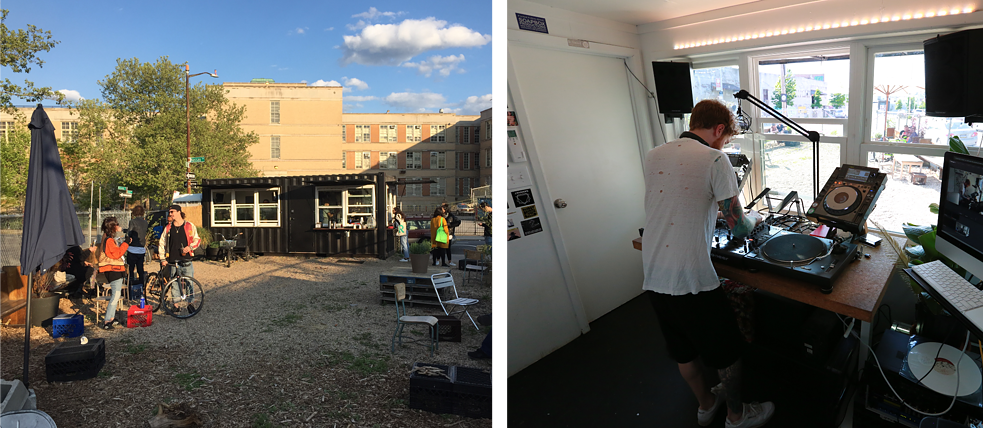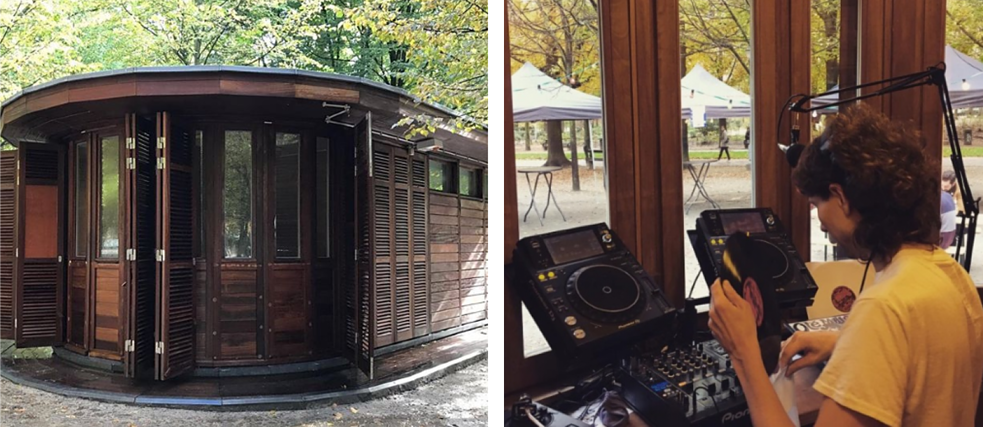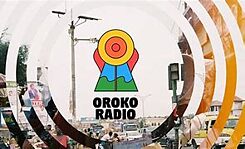Webradio | DJ-Livestream Live from the storage room

During the pandemic, dance enthusiasts took to the Internet. Resourceful club owners, DJs and radio producers established a new, multimedia radio format without further ado.
Even the oldest electronic mass medium, the radio, is constantly reinventing itself and proving to be extremely versatile. It evolves with the trends of the times, adapts to people’s needs and redefines itself. When the Covid pandemic shut down the nightlife of an entire generation around the world from one day to the next, club owners, DJs and radio producers joined forces and streamed the DJs’ sets online.Center of a community
On platforms like YouTube, small radio stations with simple concepts and small budgets began to stream DJ performances directly from an empty bar, a shipping container or a kiosk in the park. Thus, the broadcasting of DJ sets experienced a new wave of success during the pandemic as a response to the desire for dancing and music. Some channels caught on with the listeners, and initial occasional events turned into a new multimedia radio format. The independent online radios place particular emphasis on their function as a link between the online and offline worlds, as the focal point of a community, and as an alternative to commercial radio stations.Here’s a small selection of some of these new stations from around the world.
Hör Berlin (Berlin, Germany)
A tiny room with white tiles covering the walls, green neon light and a DJ booth in front of the window – the livestream straight from the “bathroom” is recognizable and now popular beyond the electronic music scene. The independent music platform Hör Berlin was founded in mid-2019 by a DJ- and producer duo from Tel Aviv, TV.OUT (Ori and Charly). At first, mainly friends and acquaintances listened to the livestream, which had not yet been discovered by the algorithm. However, at the beginning of the pandemic when Berlin techno fans were only able to stay in touch with the scene online, HÖR provided them with the longed-for dancefloor atmosphere right in their own apartment. Currently, HÖR Berlin is followed by over 700,000 subscribers on YouTube and over 420,000 fans on Instagram. Even if the clicks are mainly due to the performances of well-known DJs, the local artists preserve the concept of the web radio: the possibility to discover new talents and to be discovered.The Lot Radio (New York, USA)
Belgian multimedia producer François Vaxelaire was looking to create a “small island” where DJs, artists and listeners could exchange ideas without being disturbed. In an empty shipping container in Brooklyn’s Williamsburg, he set up a non-profit radio station with a DJ booth and a coffee counter. The courtyard features thrown-together chairs, tables made of stacked pallets, umbrellas and a portable toilet. The location offers DJs and fans alike the opportunity to interact outside of the club and creates a sense of community. The 24/7 livestream of the independent radio allows a connection between the online and offline worlds and serves as an amplifier for New York’s ever-growing music scene. © Francois Vaxelaire/The Lot Radio
© Francois Vaxelaire/The Lot Radio
Kiosk Radio (Brussels, Belgium)
A small wooden kiosk in the middle of a park in Brussels is home to Kiosk Radio. The online community radio station streams 24/7 on its platform, focusing primarily on Brussel’s local artists, musicians and cultural organizations to promote the city’s vibrant music scene. Inspired by the hybrid concept of The Lot, the four founders were looking to offer more than a streaming platform: “We are basically a bar, radio and a public toilet” – and thus give visitors the opportunity to link up on site and enjoy the music together. Especially during the pandemic, this concept attracted people and contributed to the success of Kiosk Radio. The events in the studio can be followed by listeners online, as well as by strollers in the park through the large windows of the kiosk. Kiosk Radio
| © City of Brussels
Kiosk Radio
| © City of Brussels
Oroko Radio (Accra, Ghana)
Oroko is an independent, non-profit radio station based in Accra, Ghana. The aim of the station is empowerment through conversation, collaboration and community. In doing so, the online radio acts as a connecting medium between African and Diasporic artist communities. It aims to reclaim and re-center the narratives of this community, with a particular focus on Accra’s local perspectives. Striving to decolonize dance music and the dance floor, the radio draws attention to alternative sounds inspired by the African continent and off the mainstream. Through community projects, workshops and collaborations, Oroko’s work spreads beyond radio.



